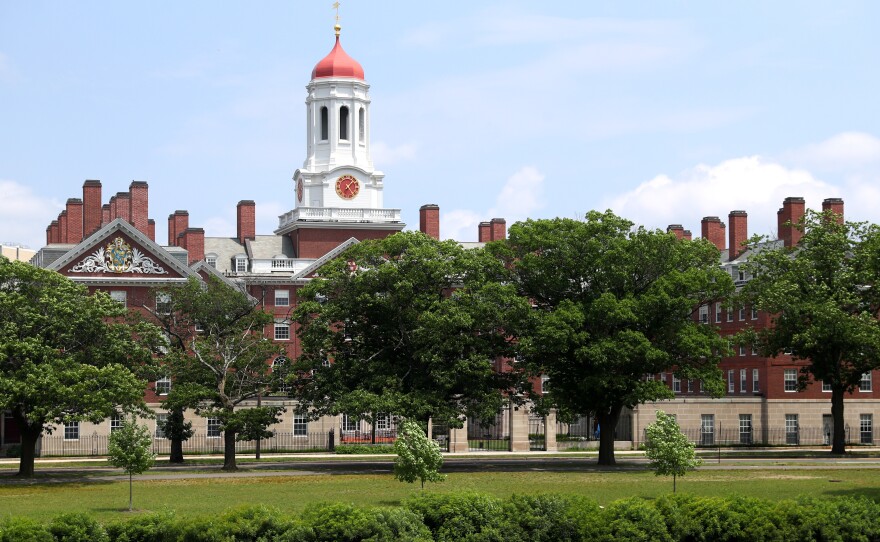In a swift reversal, the Trump administration has agreed to rescind a directive that would have barred international college students from the U.S. if their colleges offered classes entirely online in the fall semester.
The U.S. Immigration and Customs Enforcement rule change, released last week, would have prohibited foreign students from entering or remaining in the country to take fully online course loads. A number of colleges and universities had already announced plans to offer online-only classes because of the coronavirus pandemic.
The agency's July 6 announcement was met with immediate backlash.
WATCH LIVE:
Harvard University and the Massachusetts Institute of Technology sued the U.S. government in federal court two days later, calling the directive "arbitrary and capricious" and seeking to have it reversed and declared unlawful.
Many colleges, universities, municipalities and tech companies expressed their support for the legal challenge in their own court filings.
In Tuesday's session at the U.S. District Court for the District of Massachusetts, the universities were expected to make arguments saying that this rule was onerous for schools and even dangerous for students.
Instead, Judge Allison Burroughs announced that the schools had reached an agreement with ICE and its parent agency, the Department of Homeland Security. She said the government will rescind this policy.
"The Court was informed by the parties that they have come to a resolution to the combined temporary restraining order/preliminary injunction motions," read the court docket. "The Government has agreed to rescind the July 6, 2020 Policy Directive and the July 7, 2020 FAQ, and has also agreed to rescind their implementation."
With the new directive rescinded "on a nationwide basis," schools will follow ICE guidance from March that allows flexibility regarding student visa eligibility.
ICE did not immediately respond to a request for comment on Tuesday afternoon.
The Department of Homeland Security had previously stood by its decision in a legal response on Monday, saying the request for leniency "subverts the deference afforded administrative agencies in complex and interrelated fields like immigration enforcement."
Copyright 2020 NPR. To see more, visit https://www.npr.org.






